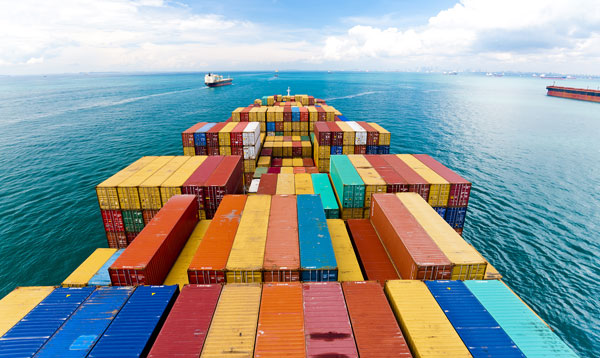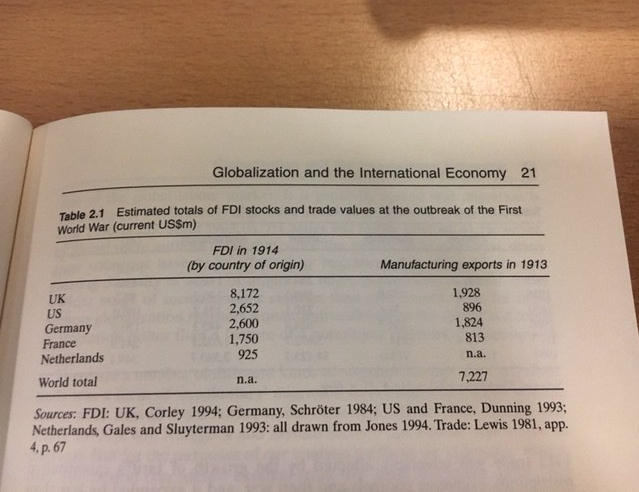
(DFS Worldwide, Container shipping, 2017)
After todays lecture watching the documentary of ‘The Forgotten Space’ it has helped me to understanding the impact that globalization has on our lives. The documentary show the exporting goods worldwide in, ‘Todays globalization process differs from that of earlier times in three ways. The volume of material moved is larger; the speeds with which they are moved are faster; and the diversity of materials moved is greater’ (Clark, 1997). With that being said there is more demand on the industry now than there has ever been. The percentage is at it’s highest with 90% of the world’s cargo comes from shipping containers. Which means a lot more pressure on the workers, especially with control and time keeping. In the documentary we were shown how exploitation of the labor workers get paid less than minim wage. One of the workers mentioned the job isn’t fun anymore, because the Labor is like being in ‘isolation’ your in front of screens rather than wrangle cargo, with hands and hooks’ (A.O Scott, 2012) and after a while their concentration falls rapidly. They can only concentration for four hours and then they have to swap with another member of staff. Consequently there is such demand in trading now since ‘financial globalization, such as 24hours electronics trading. They create the conditions for global product information and thus for the globalization of demand’ (J.Nederveen, 2004). With such high demand the shipping containers are moving 24hr a day to meet their target.

(My own imagine, showcasing the WW1 shipping containments)
The large coloured metal containers that are transported around the world and on land are known for demolishing the countryside. A place they mention on the documentary is the Dutch countryside that they demolished to make room for a private railway line to move their cargo through. ‘The cargo container, a standardized metal box, capable of being quickly transferred from ship to highway lorry to railroad train, has radically transformed the space and time of port cities and ocean passages’ (S.Debuysere 2015).Without the cargo shipment we wouldn’t have as much materials as we do today, we wouldn’t have the items for the price that we currently do. Cargo shipping is now the standardized way for shipping worldwide. So with in reason the cargo shipment system must do the same to keep in with demands. Meaning they will demolish places so that the can meet demands. The shipping cargo has helped build relationships from continents, with their long distance cross-cultural trade, enabling there to be global trade. I then started to think when I purchase something in store or online, I don’t tend to think about where it has travelled from and I am sure I’m not the only person. I normally shop online because it is cheaper and you can do it from practically anywhere. That makes it extremely efficient however; I feel this behavior is making the consumers lazier, greedier and self obsessed by not thinking outside the box that is including myself.
Reference
Globalization and culture, Jan Nederveen Pieterse – 2004
Allan Sekula, Noel Burch, the forgotten space NLR 69, May-June 2011
Globalization/Anti-Globalization, David Held and Anthon Mcgrew, 2003
Globalization in question, Paul Hirst and Grahame Thompson, 2000
Awash in capitalism a changing earth, 2012, A.O Scott
Notes for a Film (on the Forgotten Space) 2015 Stoffel Debuysere

